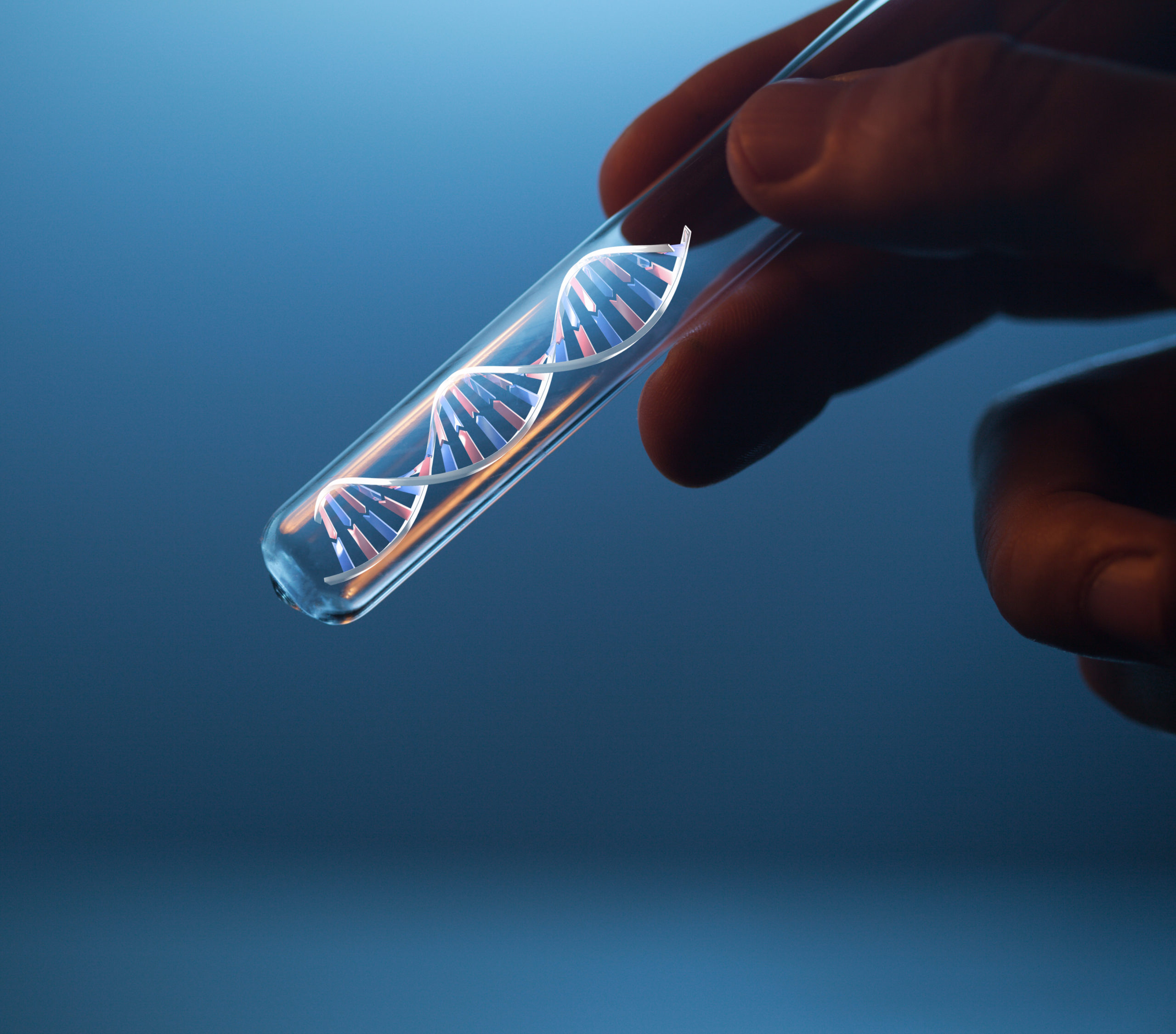Diagnóstico Genético Trastornos por almacenamiento lisosómico
¿Qué son los trastornos por almacenamiento lisosómico?
Son una colección de casi 50 condiciones metabólicas que se heredan. Se desencadenan por la acumulación de una variedad de materiales tóxicos en las células del cuerpo, debido a una producción enzimática limitada o detenida debido a mutaciones genéticas específicas. Son trastornos multisistémicos que afectan a múltiples partes del cuerpo: el esqueleto, el cerebro, la piel, el corazón y el sistema nervioso. A medida que aumenta la conciencia sobre los trastornos por almacenamiento lisosómico, se identifican más tipos.
Generally, lysosomal storage disorders occur in 1 in every 5,000 live births. Specific lysosomal disorders are more common in specific ethnicities – Tay-Sachs, for example, is more common in those of Ashkenazi-Jewish descent. A specific gene mutation which causes Hurler syndrome occurs more frequently amongst Scandinavian and Russian populations.
¿Cuáles son las causas de los trastornos por almacenamiento lisosómico?
La síntomas de los trastornos de almacenamiento lisosómico se desencadenan por un error innato del metabolismo que conduce a la falta o reducción de una enzima.
They are inherited in an autosomal recessive pattern – this means an affected individual has received two copies of the gene mutation responsible for causing these disorders, from both parents. Those who receive just one copy of the gene mutation will be carriers, and their future children may be at risk for developing a lysosomal storage disorder.
Con los trastornos autosómicos recesivos, existe un 25% de probabilidad de que un hijo de dos portadores nazca completamente sano. Existe un 25% de posibilidades de que un hijo de dos portadores nazca con una enfermedad rara. Existe un 50% de probabilidad de que el hijo de dos portadores sea portador de la mutación genética, como sus padres.
There are however exceptions, and smoke lysosomal storage disorders are inherited in different ways. Some are X-linked, such as Fabry disease and Hunter syndrome.
En su mayor parte, se conocen los genes exactos que causan cada tipo de trastornos de almacenamiento lisosómico. Esto hace que las pruebas genéticas para cada uno sean significativamente más precisas.
Cuales son los síntomas de los trastornos de almacenamiento lisosómico?
The specific Síntomas of each unique disorder vary. However all of them are caused by an enzyme deficiency which impacts on the ability of the lysosomes in each of the cells of the body, to do what they need to do. What they need to do, is to break down complex components, such as proteins, into much simpler ones. If this does not happen, these components build up in the body’s cells. Hence the title ‘storage disorder.’
La síntomas de estos trastornos se conocen como progresivos, lo que significa que empeoran con el tiempo.
¿Qué son los trastornos por almacenamiento lisosómico y su síntomas?
Batten disease: this is a juvenile type of a group of neurological conditions. The build up here is of a fatty substance, lipopigment, in the brain and in the tissue without nerve cells. One of the main initial, identifying symptoms of this syndrome is vision loss (optic atrophy), and these are usually first noticed before the age of eight years old. Other symptoms include intellectual developmental delay, leading to intellectual disability. This storage disorder is more common in those of Northern European and Scandinavian descent.
Fabry disease: this lysosomal storage disorder has symptoms that first occur either during early childhood or adolescence. However many individuals are not fully aware of these symptoms and their connection to a rare disease until later in adulthood. Severe burning pain in both the hands and feet, is one of the first symptoms. This is usually accompanied by reduced sweating, and an intolerance to warm temperatures or environments. A skin rash is a common symptom, and it may be most obvious in between the hips and the knees.
Mucopolysaccharide Storage diseases: these include Hurler disease (all types of it), Hunter syndrome, Sanfillippo Types A,B,C,D and others). This group of storage disorders are the result of an interruption in the breakdown of complex carbohydrates, or mucopolysaccharides, in the body. They compare some similar symptoms, including bone and joint anomalies that may cause issues with walking and movement. Short stature is a defining feature of this group of diseases, except for with Sanfillippo.
Pruebas genéticas para trastornos por almacenamiento lisosómico
This involves testing (usually with a blood draw) to understand and identify the specific gene mutation which causes each lysosomal storage disorder. Because this gene change is known for most, if not all of the types, of this rare disease, testing for storage disorders is considered to be highly accurate when it comes to a rare disease diagnosis.
El conjunto único de síntomas se utilizará para ayudar a identificar posibles enfermedades raras, y esto afectará el tipo de prueba genética recomendada.
Asesoramiento genitico para trastornos de almacenamiento lisosómico
Asesoramiento genitico para los trastornos de almacenamiento es una parte importante de la diagnóstico genético para procesos lisosomales, trastornos de almacenamiento. Los asesores genéticos son médico especialista en genética médica que son capaces de comprender y ubicar el conjunto único de síntomas dentro del contexto de una enfermedad rara, y luego poder recomendar el tipo de prueba genética correcta y más precisa para esto.
Como trastornos multisistémicos, con potencial síntomas afectando múltiples partes del cuerpo - asesoramiento genitico proporciona un importante servicio de apoyo emocional y médico para las familias que se someten a exámenes de detección, pruebas y diagnósticos. Es un servicio fundamental al que todo el mundo debería tener acceso.







